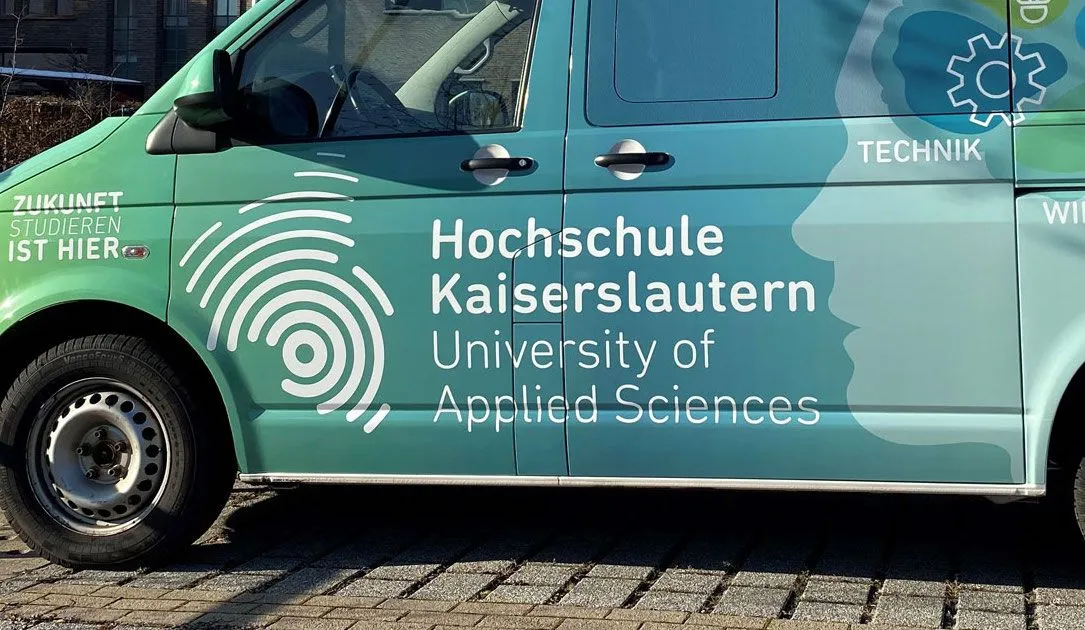The Kaiserslautern University of Applied Sciences (HS Kaiserslautern) has become the latest German-speaking university to be hit by a ransomware attack, following incidents affecting at least half a dozen similar institutions in recent months.
The incident was confirmed on Friday, with the university using an emergency website to announce its “entire IT infrastructure” had been taken offline, including university email accounts and the telephone system.
Almost every facility and service available to the institution’s more than 6,200 students has been affected. Computer pools and even the library will “remain closed until further notice,” the university stated.
Students and staff have also been warned not to switch on any of their work computers: “As this is an encryption attack, the workstations at the employees’ workplaces may also be affected,” warned the HS Kaiserslautern website.
It is not clear who the perpetrators are, nor whether information was stolen from the university’s systems as part of a multifaceted extortion attempt before the hackers attempted to encrypt them.
HS Kaiserslautern is one of the largest applied science universities in the state of Rhineland-Palatinate in the west of Germany, and the latest German-speaking university with a focus on applied sciences to be targeted by cybercriminals in recent months.
In March, the Vice Society ransomware group added the Hamburg University of Applied Sciences (HAW Hamburg) to its leak site following an attack that the institution said took place late last year.
In February the University of Zurich, Switzerland’s largest university, announced it was the target of a “serious cyberattack,” which a spokesperson described to The Record as “part of a current accumulation of attacks on educational and health institutions.”
The week before, the Harz University of Applied Sciences in Saxony-Anhalt, Ruhr West University, and the EU/FH European University of Applied Sciences all announced being impacted by cyberattacks.
Back in January the Vice Society ransomware group claimed responsibility for a November attack against the University of Duisburg-Essen in Germany.
Elsewhere in Germany, ransomware attacks have impacted private industry, with the arms company Rheinmetall blaming the Black Basta ransomware group for an attack in May.
Bitmarck, one of the largest IT service providers within Germany’s statutory health insurance system, was also hit by an attack in the spring, as was the drug development giant Evotec.
Recorded Future
Intelligence Cloud.




